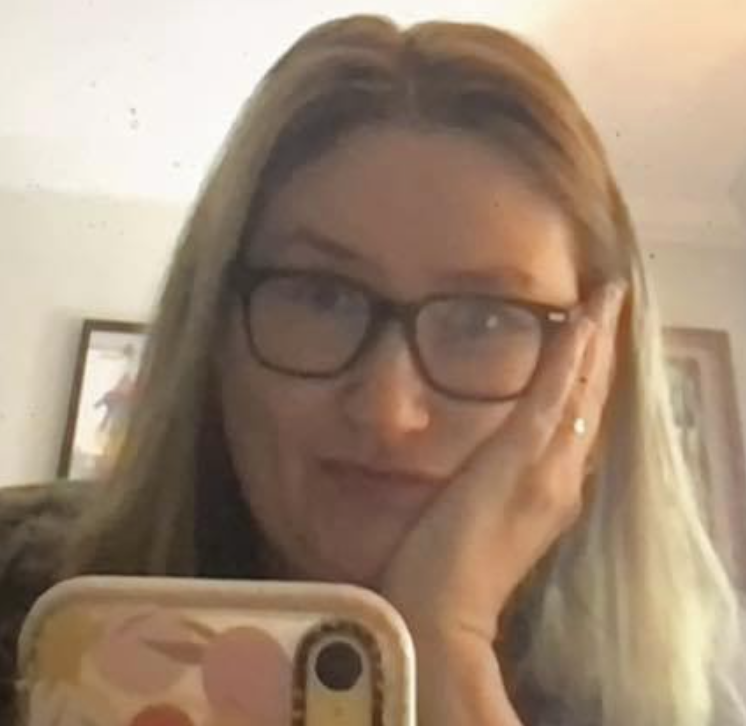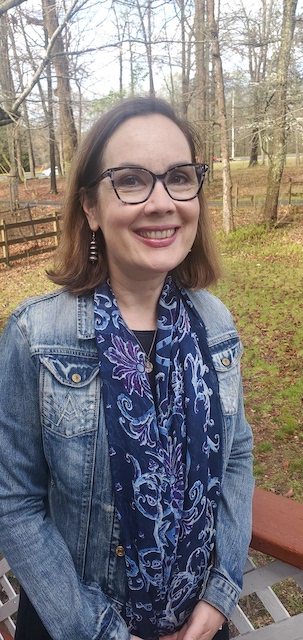Post-Baccalaureate Certificate in Professional Writing
The Certificate in Professional Writing program offers focused instruction in professional writing for recent graduates and returning professionals interested in developing their skills in written communication for the contemporary workplace. Students who successfully complete the program and wish to pursue an M.A. in English may apply credits earned in the certificate to the M.A. degree.
A program sheet, which provides a required coursework sequence, is available for download in the Courses tab below.
Writing is an in-demand business skill. Designed for recent graduates and working professionals who wish to increase their potential for career advancement, this certificate responds to larger business trends by providing a flexible credential, which can be completed in one calendar year, that strengthens participants' skills in written communication for business audiences with an eye to ethics, applications of new technology, and an awareness of how narrative strategies contribute to successful communication.
Program Location
Carrollton Campus, Online
Method of Delivery
This program can be face-to-face, hybrid, or online, depending on the student's course selections.
Accreditation
The University of West Georgia is accredited by The Southern Association of Colleges and Schools Commission on Colleges (SACSCOC).
Credit and transfer
Total semester hours required: 12
Graduate students may be able to reduce their cost through prior learning, previous degrees earned at UWG, or transfer credits. We have created a tool to help students estimate their tuition costs.
This program may be earned entirely online, entirely face-to-face, or anything in between.
Save money.
UWG is often ranked as one of the most affordable accredited university of its kind, regardless of the method of delivery chosen. In addition, online courses and programs can mean a cost-savings in many non-evident ways: No more high gas charges. No childcare needed. The flexibility can allow one to maintain a job while attending school. Regardless of state residency, out-of-state non-resident students are not charged non-resident tuition for online course credit hours.
Details
- Total tuition costs and fees may vary, depending on the instructional method of the courses in which the student chooses to enroll.
- The more courses a student takes in a single term, the more they will typically save in fees and total cost.
- Face-to-Face or partially online courses are charged at the general tuition rate and all mandatory campus fees, based on the student's residency (non-residents are charged at a higher rate).
- Fully or entirely online course tuition rates and fees my vary depending on the program. Students enrolled in exclusively online courses do not pay non-Resident rates.
- Together this means that GA residents pay about the same if they take all face-to-face or partially online courses as they do if they take only fully online courses exclusively; while non-residents save money by taking fully online courses.
- One word of caution: If a student takes a combination of face-to-face and online courses in a single term, they will pay both all mandatory campus fees and the higher eTuition rate.
- For the cost information, as well as payment deadlines, see the Student Accounts and Billing Services website
There are a variety of financial assistance options for students, including scholarships and work study programs. Visit the Office of Financial Aid's website for more information.
Coursework
This program may be earned entirely online, entirely face-to-face, or anything in between.
Downloads
General
An intensive experience in writing in one of the following genres: fiction, poetry, creative non-fiction, or screenwriting. May be repeated for credit as topic varies.
Explores the variety of writing contexts in the contemporary workplace, considering composition as a process that involves multiple modes of communication and delivery. Topics: writing for page, web and video and applying practices from both written and visual rhetoric. Crosslisted with ENGL 4425 at the undergraduate level.
Explores developing conversations regarding the use of AI in the workplace, with particular attention to research and writing applications. Explores ethical applications of AI for writing and editing, understanding of the ways that AI bots are trained and maintained, strategies for using AI effectively while maintaining individual voice and research integrity.
Variable topic course focused on specialized issues in professional writing. Topics might include "Grant Writing" or "Business Writing in Cross-Cultural Contexts."
This course explores strategies from the study of narrative to help students understand how to craft stories about a company, product or about their own creative work -- for particular audiences. Topics include understanding audiences, applying narrative techniques to business writing contexts and promoting one s work for diverse audiences across digital platforms.

Stacy Boyd, Ph.D.
Associate Professor
Kevin Casper, Ph.D.
Professor of English
Maria Doyle, Ph.D.
Professor & Graduate Coordinator of English
Patrick Erben, Ph.D.
Professor & English Program Coordinator
Gregory Fraser, Ph.D.
Professor of English
Rebecca Harrison, Ph.D.
Professor of English
Leah Haught, Ph.D.
Professor of English & Coordinator for Publishing and Editing Certificate
Angela Insenga, Ph.D.
Professor of English and Coordinator of Film Studies
Laura Miller, Ph.D.
Professor of English
Claudia Mitchell
Assistant Professor
Margaret Mitchell, Ph.D.
Professor of English
Alison Umminger, Ph.D.
Professor of EnglishGuidelines for Admittance
- All graduate applicants must complete the online Graduate Application. A current application fee of $55 is required.
- Applicants should also review the Graduate Studies Website for individual program specific requirements and tasks that must be completed prior to admission. See Graduate Studies Application Process.
- International applicants are subject to additional requirements and application deadlines. See Procedures for International Students.
- Official transcripts from all post-secondary schools attended are required and should be sent directly to the UWG Graduate Admissions Office.
Program Specific Admittance Guidelines
Bachelor's degree with a minimum undergraduate GPA of 2.5 or higher is required.
Application Deadlines
Specific Graduate Admissions Deadlines are available via the Graduate School
* Application, app fee, and document deadline
See The Scoop for more specific deadlines.
Admission Process Checklist
The Graduate Studies Application Process checklist is available here
One exception: If you will not ever be traveling to a UWG campus or site, you may apply for an Immunization Exemption. Contact the Immunization Clerk with your request.
Contact
Graduate Admissions
678-839-1394
graduate@westga.edu
For program-specific information:
Director of Graduate Studies in English
Dr. Maria Doyle
mdoyle@westga.edu
Specific Graduate Admissions Deadlines are available via the Graduate School
* Application, app fee, and document deadline
See The Scoop for more specific deadlines.
1. Students will be able to explain, select and apply narrative, framing and editorial strategies appropriate to advanced professional writing tasks.
2. Students will demonstrate facility with emerging writing technologies including ethical application of these tools.
